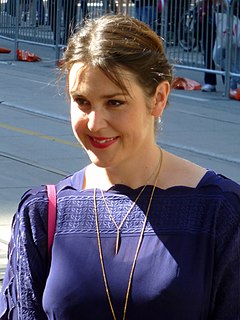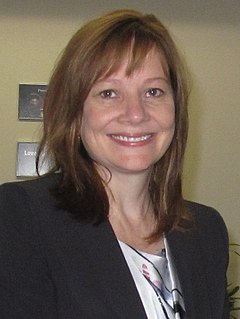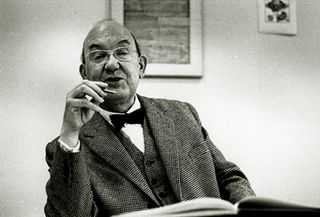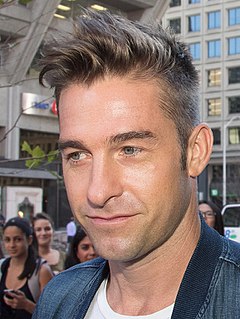A Quote by Andie MacDowell
When the children were little, I'd fly into L.A. for a specific work project, but then I'd leave again, and when I was home, I wouldn't even read a script.
Related Quotes
After reading ... accounts ... of minor accidents of light, it is little wonder that the average man would far rather watch someone else fly and read of the narrow escapes from death when some pilot has had a forced landing or a blowout, than to ride himself. Even in the postwar days of now obsolete equipment, nearly all of the serious accidents were caused by inexperienced pilots who where then allowed to fly or attempt to fly-without license or restrictions about anything they could coax into the air.
Ideas about mothers have swung historically with the roles of women. When women were needed to work the fields or shops, experts claimed that children didn't need them much. Mothers, who might be too soft and sentimental, could even be bad for children's character development. But when men left home during the Industrial Revolution to work elsewhere, women were "needed" at home. The cult of domesticity and motherhood became a virtue that kept women in their place.
I'm a big believer of work/life balance. You need a little down time to recharge to make sure that when you're here, you're really all here. I still have a child in high school, so I go to her sporting events, even if it means leaving work and working again when I get home. I probably should work out a little more than I do.
I wrote the script to 'Lady Bird,' and it really came out of a desire to make a project about home - like, what the meaning of home is, and place. I knew Sacramento very well, obviously, growing up there, and I felt like the right way to tell a story of a place was through a person who's about to leave it.
As we were negotiating, I didn't have a script. Once the deal is closed, they let you read the script. So, I got the script and was reading it like, "Oh, please be good!," because I'd already signed on the dotted line. And I read it and just went, "Okay, I'm going to be okay. Thank god!" It was a really funny, moving story.




































